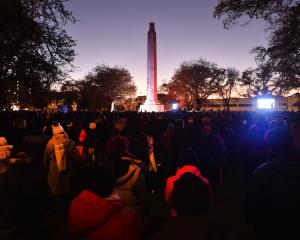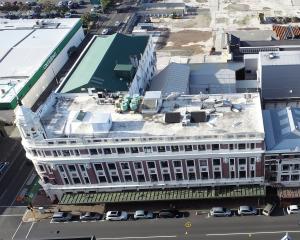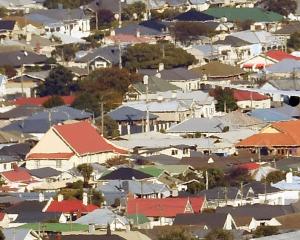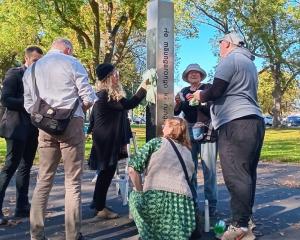
In doing so, the council has followed a recent High Court ruling that struck down its previous work programme on the regional statement.
The timeframe also keeps the council on track to meet planning deadlines set by Environment Minister David Parker.
The council’s work on its regional statement was halted in the High Court in July when Justice Gerald Nation ruled the council could not progress its entire proposed regional statement through the new accelerated freshwater hearings process as it had initially planned.
Some parts of its regional statement were appropriate for the new process to address freshwater decline in New Zealand, but others were not, he said.
After the setback to the council’s work programme, Mr Parker said the council must still notify its new land and water plan by the end of next year.
However, he gave the council until September 30 to renotify the parts of the regional statement that were appropriate for the new freshwater process.
A regional statement can contain objectives, policies and methods to address resource management issues for the region, but not rules.
In a statement on Friday, the council described its regional statement as a "cornerstone document" for Otago’s forthcoming land and water plan.
Council chairman Andrew Noone said in the media statement the ruling from the High Court had been clear, but it had not been a simple exercise for the council to apply Justice Nation’s direction.
"Staff have been working through how to determine the freshwater parts, and this has resulted in a small number of provisions and definitions in the [regional statement] relating to freshwater," Cr Noone said.
"Notably, council have approved the inclusion of the objective expressing Te Mana o te Wai and the associated policy setting out the decision-making priorities."
On Friday the council released the report, by acting principal planner Peter Constantine, considered by councillors in a public-excluded session on Thursday.
In his report, Mr Constantine said council staff viewed the scope of what "relates to freshwater" as required by the High Court to be very narrow.
It was limited only to provisions which regulated activities due to their effects on the quality or quantity of freshwater, he said.
The council’s iwi partner Ngai Tahu believed the Court’s direction had been applied too narrowly and provided its own assessment of how the approach might be applied, he said.
The council’s engagement with Ngai Tahu resulted in several additional provisions being suggested for inclusion in the document because they were considered to also directly relate to freshwater, he said.
The freshwater components would be notified on September 30 with the submission period closing on November 28, the council said yesterday.
The provisions which did not relate to freshwater do not have to be notified again.
A hearings panel - comprising chairman Ron Crosby, Allan Cubitt, Rauru Kirikiri and Bianca Sullivan - has been appointed and will be provided with the non-freshwater parts.












